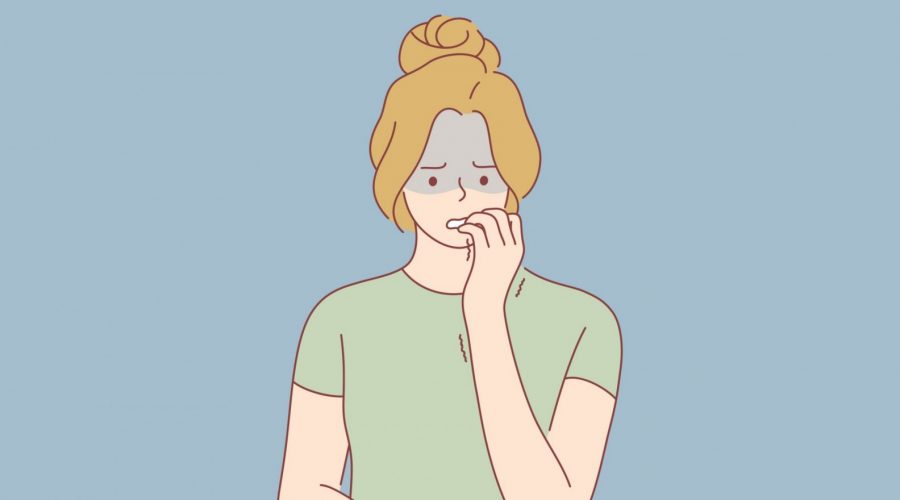Struggle to relax? Try this simple technique to redirect anxious thoughts
If you find ‘calming’ techniques like mindfulness and meditation make you more stressed, it could be time to change your approach to relieving anxiety.
By definition, trying to relax shouldn’t be hard. After all, it’s literally supposed to be the antithesis to effort – about allowing yourself to sit back and recharge. But despite this, many of us find it difficult to relax and switch off.
Beyond being pretty frustrating, not being able to relax can also have implications for our mental health. After all, one of the most common methods recommended to relieve anxiety is mindfulness, or any technique which is designed to relax and calm the body. But what about if you just… can’t?
According to a piece in Psychology Today, there’s a simple solution: laughter. The article, by psychotherapist and author Kaytee Gillis, highlights how many people, especially those who have experienced childhood trauma, struggle with ‘grounding’ – a term used to describe the act of being in the present and reconnecting with reality.
For these people, Gillis explains, the stillness and focus required by techniques such as mindfulness can actually increase feelings of anxiety – which kind of defeats the point.
As a result, she continues, the kind of anxiety-relieving techniques which often work best for those who struggle to relax involve more movement and/or activity, which can help to redirect anxious energy and relieve the tension in the body.
While there are many ways to incorporate increased activity into your self-care routine, Gillis recommends this simple exercise to redirect anxious thoughts in just five minutes. It can be done by yourself, as a pair, or in a larger group.
Gillis’ anxiety-relieving technique

1. Think of a song
It can be any song, as long as it’s one you know well enough to repeat the lyrics.
Sing the first lyric that comes to mind – out loud or in your head is fine. Stop when you run out of words that you can identify, and remember the last word you sung.
2. Sing a lyric from a different song that incorporates the word from step one
You can start anywhere in the song, as long as the lyric you sing contains the word from step one at some point.
Continue to sing until you run out of words again – you can hum some parts if there are a few words you can’t recall.
3. Continue until you start to feel silly
The key to this activity is having some fun and making yourself feel silly – if you mess up or laugh, that’s great!
As Gillis explains: “The endorphins that come from laughter can help alleviate feelings of stress and improve focus on the activity at hand, decreasing space for anxious thoughts.”
4. Once you’re finished, notice your body
Do you feel more relaxed? Is there less tension in your shoulders, jaw or chest? The endorphins released by this activity can make a tangible difference.
5. Repeat as necessary
You can use this quick technique whenever you’re feeling anxious or overwhelmed and need some help redirecting your thoughts.
While this activity may not be the typical thing that comes to mind when you think about relieving anxiety, the psychological benefits of laughter and silliness are stronger than many of us realise.
So, next time you feel the need to relieve anxiety but are struggling to relax and unwind, have a little sing-song. It might not make you feel 100% better, but it should provide a little respite from your anxious thoughts.
If you, or someone you know, is struggling with their mental health or emotional wellbeing, you can find support and resources on the mental health charity Mind’s website and NHS Every Mind Matters or access the NHS’ guide to local mental health helplines and organisations here.
If you are struggling, you can also ask your GP for a referral to NHS Talking Therapies, or you can self-refer.
You can also call the Samaritans in the UK on 116 123 or email [email protected] for confidential support.
Images: Getty
Source: Read Full Article
